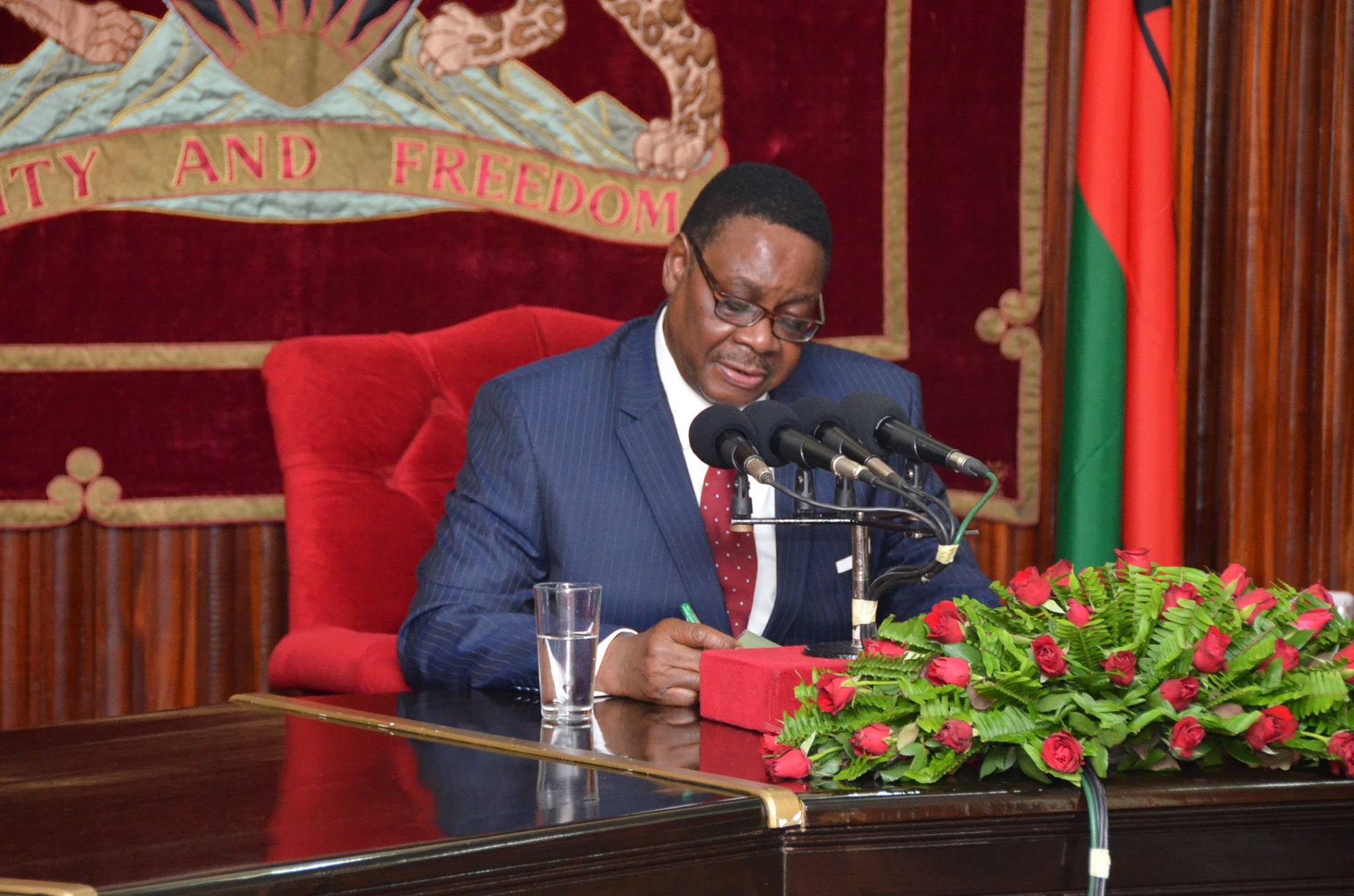Writing in 2000, Francis Nyamnjoh, professor of anthropology at University of Cape Town made the following observation on African media: “An examination of most legal frameworks in Africa, even after the liberalisation of media in the 1990s, reveals a craving to control that leaves little doubt of lawmakers perceiving journalists as potential troublemakers who must be policed.”
He added: “The tendency is for new laws [in Africa] to grant freedom in principle while providing, often by administrative nexus, the curtailment of press freedom in practice. Although strongest in Francophone Africa, this use of derogable and claw back measures by the state to limit the right of the expression and press freedom is common through out the continent.”
I reflected on this following the recent fallout between media institutions in Malawi and Malawi government, led by the country’s two paramount media bodies, NAMISA and Media Council of Malawi. The media, mostly private owned are against the presence of political party officials and supporters, often in large numbers, at presidential press conferences. The role of these party members at presidential press conferences is not officially defined but these party members jeer and intimidate journalists who supposedly ask difficult, embarrassing or awkward questions. In essence, jeering journalists for doing their job.
The latest of such case was President Peter Mutharika’s press conference held at State House in Lilongwe to brief the country on his official trip to United Nations General Assembly.
The press conference was full of tension due to the President’s unexplained prolonged stay in America, a development that triggered rumors and speculation about his health. Yet, it is important to recall that such press conferences, or “press rallies” as others have called them are not peculiar to Mutharika government. Former president Joyce Banda held a similar “press rally” on her return from abroad when she anticipated tough questions from the media on what was then news revelations on cashgate in 2013. Before Mrs Banda the late president, Bingu wa Mutharika, held his own “press rally” as he returned from holiday in Hong-Kong in 2011.
So the trend is that these “press rallies” take place when state presidents are trying to avoid unwelcome questions – avoiding accountability. When faced with such a situation the tendency has, unfortunately, been to shift blame and portray journalists as troublemakers, as Nyamnjoh has observed. Meanwhile, these “press rallies” are not just aimed at intimidating and bullying the media into submission; it is also way of limiting freedom of expression while national legal frameworks permits it.
Noam Chomsky made a key observation on these tactics, arguing: “the smartest way to keep people passive and obedient is to strictly limit the spectrum of acceptable opinion, but allow very lively debate within that spectrum.” The government strategy is to allow journalists to come to the press conference in the spirit of freedoms of press and expression yet limiting them on what they can ask and say.
Unfortunately, the state machinery has completely misread the script. The once submissive local media that for 30 years of Kamuzu Banda’s dictatorship could only report what the governing authorities wanted has overcame the post-Kamuzu hangover. They now realise that they owe their allegiance to the nation, not the state and so demanding accountability and transparency is their key duty.
As it is, the onus is on the government to also realise that bullying tactics of the old will no-longer hold sway. Coercion is always futile in open societies where ideas work – this is why the government needs good public relations people in place. It should be clear for those who care to see that the genesis of the current standoff between the government and private media institutions as poor communication on the part of the government.
It is painfully clear that the Malawi government is oblivious to changes in communication systems and hence cannot adapt accordingly. Live broadcasting, especially television has been a game changer in political communication for some time now. The state machinery may not be aware of this, but live broadcasting is one of the key factors why from Bingu wa Mutharika, Joyce Banda to Peter Mutharika, presidential communication team always get agitated about press conferences.
A live press conference means that the public make up their own minds as the president respond to questions. The public does not have to wait for media institutions to repackage the information for them. In this case both the media and, crucially, the state lose control over information. This is difficult even for a heavily partisan state controlled institutions like Malawi Broadcasting Corporation to change people’s perceptions.
The odds here are against the state if intimidation is the way they want to go, as it seems the case at the moment. Instead of intimidating journalists and cursing freedom of the press and expression, the government could do well to have people in place who understand the increasingly changing communication environment. Being in control of communication no longer means having a spokesperson that can speak the loudest, it means understanding increasingly complex communication systems. Most importantly the government can just be honest, open and transparent – this way it doesn’t have to worry about media. As they say, it is better to light a lamp than to curse the dark.



